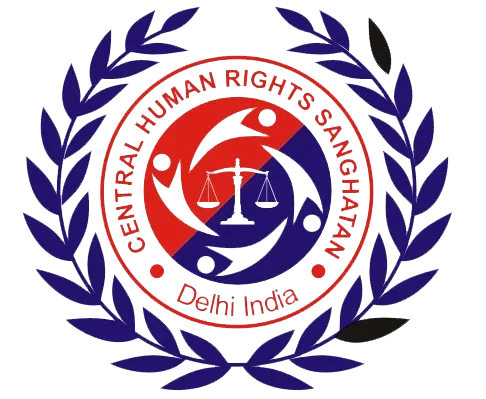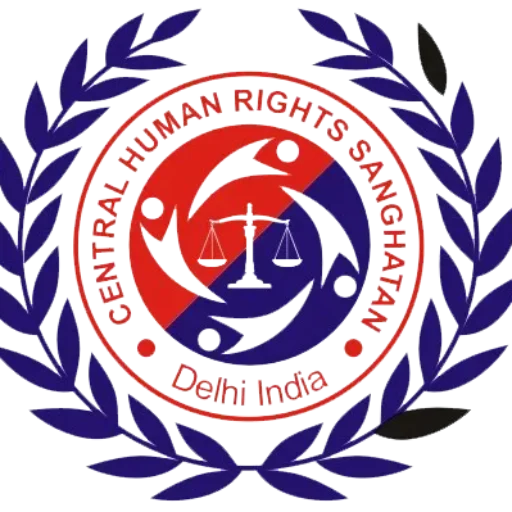BE A HUMAN RIGHTS DEFENDER HOME
Rights for everyone, support from all.
Who Is A Human Rights Defender?
‘Human Rights Defender’ is a term used to describe people who, individually or in association as a formal or informal group act to promote or protect human rights. A Human Rights Defenders is known above all by what he comes to defend through his actions and words (spoken and writen) and it is through a description of his actions and some of the contexts in which he works that the term can best be explained.
A. What Do Human Rights Defenders Do?
1. Human Rights For Everyone
To be a human rights defender, a person can act to address any human right issue (or issues) on behalf of individuals or groups. Human rights defenders seek the promotion and protection of civil and political rights as well as the promotion, protection and realization of economic, social and cultural rights. Human rights defenders address every human rights concern which can be as varied as, summary executions by authorities, torture, arbitrary arrest and detention, female genital mutilation, discrimination, employment issues, forced evictions, access to health care, and toxic waste and its impact on the environment. Human Rights Defenders are seen active in defending human rights as diverse as the rights to life, to food and water, to the highest attainable standard of health, to adequate housing, to a name and a nationality, to education, to freedom of movement and to non-discrimination. They sometimes address the rights of specified categories of persons, like rights of the physically challenged persons or women’s rights, children’s rights, or the rights of indigenous persons, the rights of refugees and internally displaced persons, and the rights of national, linguistic or sexual minorities.
2. Human Rights Everywhere
Human rights defenders are active all through the world in different fields. Thus even in conflict zones like Jammu & Kashmir particularly for displaced ethnic groups like Kashmiri Pandits, in states that are divided by internal armed conflict as well as States that are stable; in States that are non-democratic as well as those that have a strong democratic practice; in States that are developing economically as well as those that are classified as developed. They seek to promote and protect human rights in the context of a variety of challenges, including HIV/AIDS, development, migration, structural adjustment policies and political transition.
3. Local, National, Regional And International Action
Most human rights defenders operate locally or nationally, advocating for rights within their communities or countries. They often collaborate with local authorities responsible for upholding human rights standards. Some concentrate solely on local issues, while others extend their efforts globally. They may monitor human rights on a regional or international scale, providing detailed reports to relevant mechanisms. Additionally, they may engage with UN Human Rights Council special rapporteurs and treaty bodies. Their role encompasses a diverse range of tasks, primarily centered on addressing local and national human rights concerns.
4. Collecting And Disseminating Information On Violations
Human rights defenders investigate, gather data, and document human rights abuses. They employ lobbying tactics to raise awareness among the public and influential political and legal figures, aiming to ensure their findings are acknowledged and rights violations addressed. Typically, this work is carried out through organizations like the Indian Human Rights Council, which regularly publishes reports. However, individuals may also collect and report information on specific instances of human rights violations.
5. Supporting Victims Of Human Rights Violations
Human Rights Defenders primarily dedicate their efforts to defending human rights and aiding victims of rights violations. Their activities include investigating and documenting violations, which can halt ongoing abuses, deter future occurrences, and aid victims in pursuing legal action. Additionally, some defenders offer legal counsel and representation, while others provide counseling and rehabilitation services to those affected.

